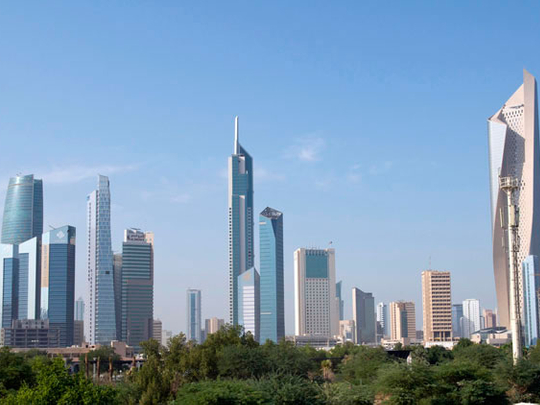
Abu Dhabi: Once upon a time, a widow who had a very beautiful girl, persisted that a potential groom must hold an extravagant wedding party and pay a dower of a whopping 500,000 riyals in lump sum. No one among the village’s youth was able to provide such a large amount.
However, a young man, who admired the girl a lot, did his best and managed to collect 300,000 riyals and told his father about his desire to marry the girl. The father told him: “Give me this amount and let us go to the woman.”
The son said: “But she will not accept anything less than 500,000 riyals.” The father then replied, “Come with me and your Lord facilitates.”
They went to the girl’s house and when they settled down at the assembly, the father told the girl’s mother: “I hope that you will not interrupt me until I finish my talk. My son wants to marry your daughter, and this is 100,000 riyals for her dower. ”The mother replied in alarm: “But ...!”.
‘May God bless you’
The father said: “I said do not interrupt me until I finish my talk.”
He added: “Here is another 100,000 riyals of dower for you to become my wife.” The mother smiled and said: “May God bless you and bless us all.”
When the shocked neighbours asked her why did she give up 500,000 riyals?, the woman said: “The wholesale price differs from retail price!”
When the young man asked his father about the remaining 100,000 riyals, he said: “This is for your mother’s consent.”
This anecdote was narrated by Ahmed Al Jarallah, editor-in-chief of the Kuwaiti ‘Al Seyassah’ newspaper, to highlight the expertise and wisdom needed to manage Kuwait’s economic problems because “what we need in Kuwait today are quick and immediate remedies, turning challenges into opportunities”.
Al Jarallah explained: “The coronavirus crisis has struck throughout the world and all countries have sought treatment at all levels, except Kuwait, which has turned it into a daily conflict. It has allowed non-issues to pop up and become the preoccupation of the government and the parliament, while citizens continue to pay an exorbitant price.”
‘Businesses going bankrupt’
He further said: “In China, the European Union, the United States, Russia, the Gulf states, and elsewhere governments have stepped up immediate measures to address the negative consequences of the crisis on the economy, pumping in hundreds of billions into the market quickly — some of which has even helped pay the monthly salaries of citizens, such as in Canada.”
He added: “However, in Kuwait, what did the executive authority do? The financial stimulus plan is still ink on paper, while entire productive sectors have been disrupted and businesses have begun to go bankrupt. As for the owners of small and medium enterprises, there is no serious step taken by the relevant institutions.”
Al Jarallah said: “What is going on in Kuwait to this day is nothing but playfulness and uncertainty, and scepticism about everything — even the measures that have been taken are subject to scrutiny by the Audit Bureau, while Kuwaiti citizens bear the brunt.”
Dependence on expatriate workforce
“On the health front, we have not seen any significant progress, neither when partial curfew was imposed, nor when there was total lockdown, and not even now. Here we ask: Why did we not follow the way that most countries, including Saudi Arabia and the UAE, did and that is: Not to restrict movement in uninfected areas, while efforts are put in place to check casualties in places with high infection?”
Al Jarallah further asked: “Why should you open the economy when a large portion of the workforce is prohibited from going to work? I will not be exaggerating it if I say that majority of Kuwaitis do not work. Yes, I admit that we depend on expatriates and they transfer $20 billion (Dh73.56 billion) annually to their home countries. But this is their right because they work, while we launch slogans about Kuwaitisation and try to push the national workforce into the labour market.
Oil reserves
“The overwhelming majority of Kuwaitis are all connected to government jobs and in this quotas and connections play a role. Jobs in our ministries are based on quotas and three-quarters of the employees receive their salaries while they sleep at home.”
He wondered: “Doesn’t Kuwait have oil reserves in excess of a hundred billion barrels? Even if each barrel is sold for $10, we would have more than a trillion, in addition to financial reserves worth about $600 billion. Meaning, that we can solve the crisis without affecting Kuwait’s financial future. In fact, steps can be taken to further bolster the national economy.”
Alluding to the anecdote of the wise father, Al Jarallah said what Kuwait really needed was a government of the “Groom’s Dad” — the father who had solved his son’s problem — and not discussions, conflicts and scepticism.








